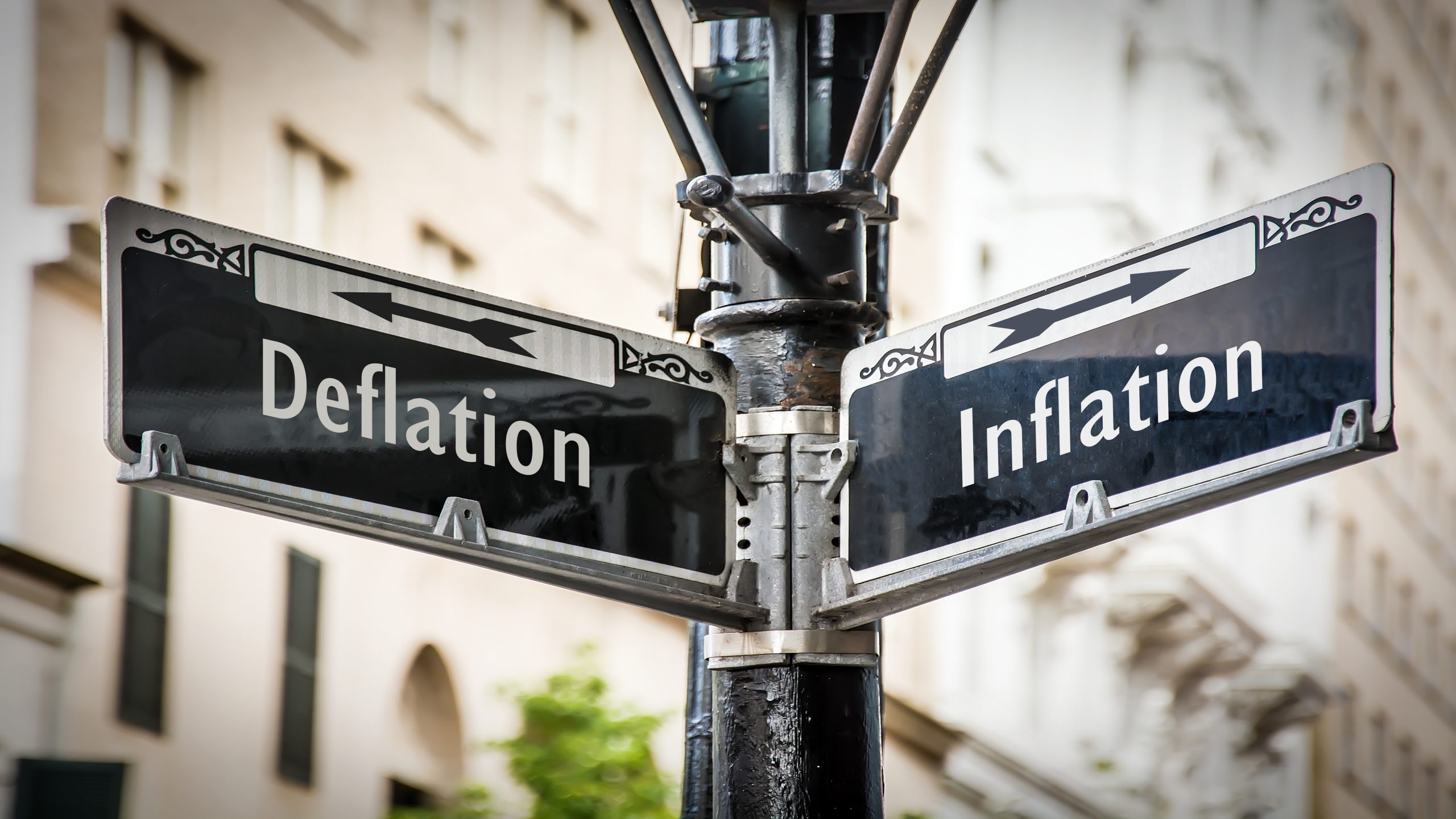Aviva Investors expects the global economic recovery to slow somewhat in 2022, but to remain robust by historical standards. Strong household and corporate balance sheets should support the ongoing expansion and post-COVID catch up. World GDP is expected to increase by more than six per cent this year and over four per cent in 2022, both well above trend.
The group believes that whilst there are downside risks from new COVID variants, these should be temporary, deferring growth over time, rather than creating any permanent losses. The risks to the growth outlook in China are also tilted to the downside and could be enough to have some global impact.
Inflation has risen significantly higher than previously expected across the globe and presents a challenge to central banks everywhere. Many of the reasons for higher inflation are well-known and it should fall back meaningfully next year, suggesting that inflation is better described as persistent rather than permanent. Nevertheless, it has been high enough for long enough to impact both sentiment and behaviours.
The combination of a fading pandemic, strong growth and persistent inflation means that emergency policy settings are no longer needed and that central banks will tighten monetary policy slowly but steadily in coming years. The exact pace and timings will vary across different regions.
Michael Grady, Head of Investment Strategy and Chief Economist at Aviva Investors, said:
“We retain a moderate positive position on equities, funded by an underweight position in credit, since equities generally fare better than credit in the middle stages of the business cycle. The prospect of rising rates volatility also favours equity over credit.
“We maintain a negative stance on government bonds because of upside risks to inflation as well as the tightening bias from global central banks. Rate hikes could happen faster than markets currently believe and expected terminal rates look potentially under-priced.
“Emerging markets (EM) are expected to under-perform developed markets in both currencies and equities. EM headwinds include modestly slower growth, monetary policy normalisation and the risk of higher real rates as well as the more idiosyncratic risks from politics and regulation.”
The full report can be found here: https://www.avivainvestors.com/content/dam/aviva-investors/main/assets/views/house-view/2022/q1/house-view-q1-2022.pdf
















